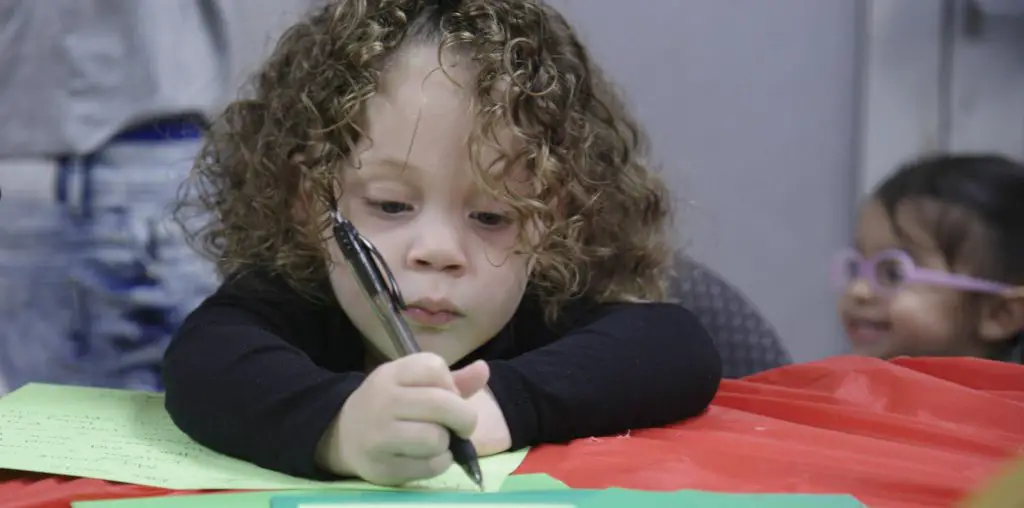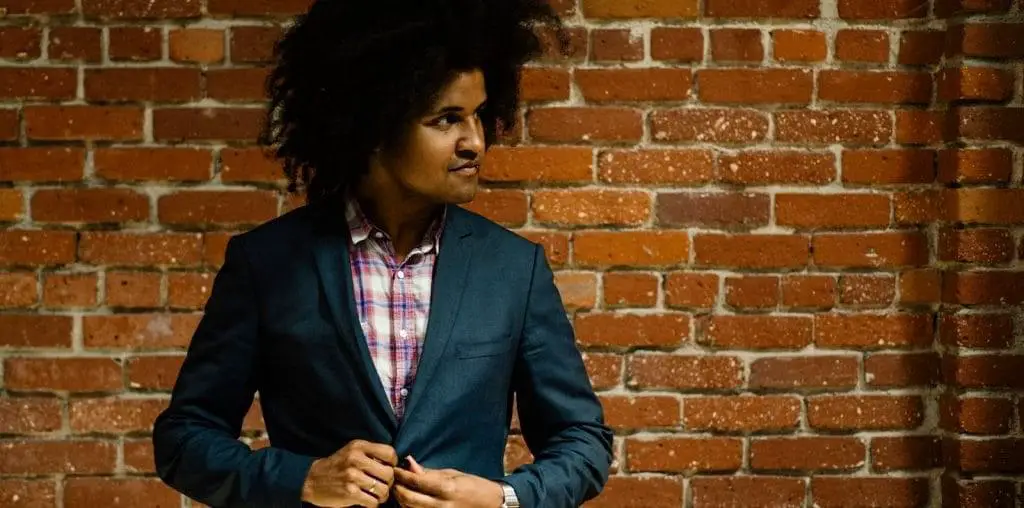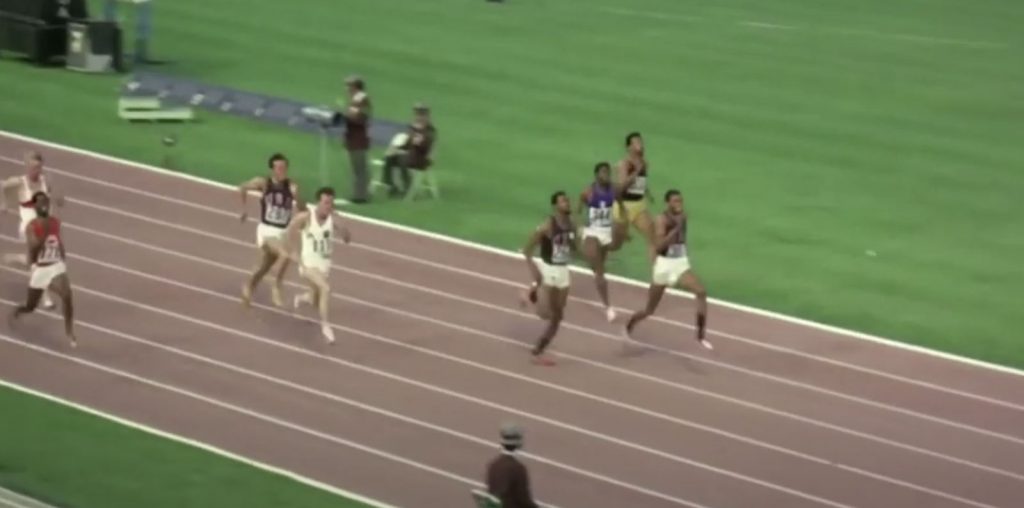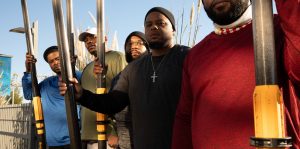
Overcoming the odds and coming out on top is the common theme in most sports documentaries. Mary Mazzio’s A Most Beautiful Thing is one such story, but amazingly the victory didn’t happen on the field, or in this case, on the water. Narrated by Common, it’s the story of the first African-American high school rowing team born from Manley High School on the West Side of Chicago. The event was the Chicago Sprints—1,000 meters of full-throttle rowing—and the training is intense.
If any of us could end gang violence, we would do what it takes, right? So why, rowing? Competitive rowing is a popular sport in Chicago, but it’s a very white sport. In the late 1990s, competitors Ken Alpart and Michael Gorman thought that if they could put together a viable West Side high school rowing team comprised of rival gang members, maybe they could make a difference in the community and change a few lives at the same time.
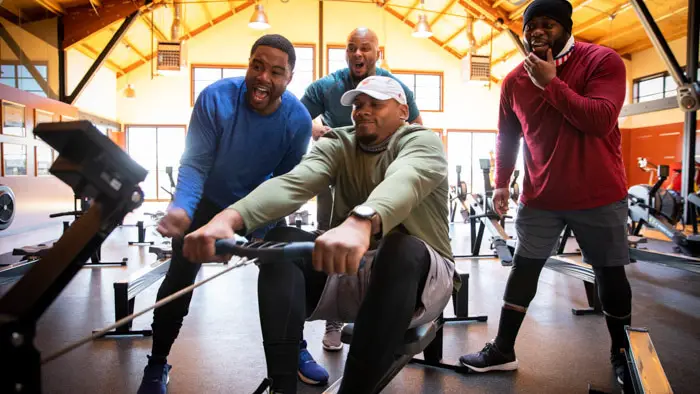
“…put together a viable West Side high school rowing team comprised of rival gang members, maybe they could make a difference in the community and change a few lives…”
What the documentary does so effectively is to tell the story of these kids and what life was like living in Chicago’s West Side. As children, you either join a gang or walk to and from school at your own risk. Life was a constant state of looking over your shoulder and wondering if you’ll make it to the next day. The rowing team created a brotherhood amongst these would-be rivals, one that would carry into adulthood.
The teens from Manley High were Arshay Cooper, Alvin Ross, Preston Grandberry, Malcolm Hawkins, Ray Hawkins, Tavares Goodman, Elliott Moore, Arthur White, and Terry Meeks. They were lured in with free pizza, and in the end, a team and lifelong friendships were born.
The story of the two men who went into Chicago’s West Side is an interesting one too. Alpart and Gorman did it solely to make a change. They made personal investments in their time and money. Gorman, who was big on heart and devoid of any sense of political correctness, is still labeled a “racist” for his trouble. But if Gorman was a racist, he’s not a very good one.
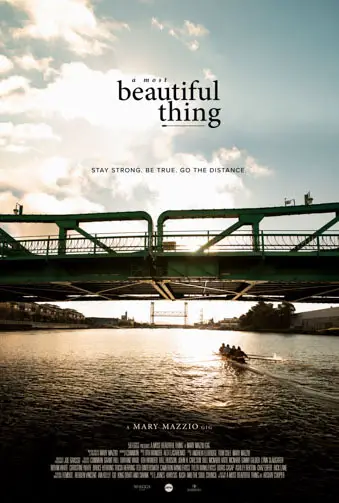
"…it is a message of hope when hope is needed most."
